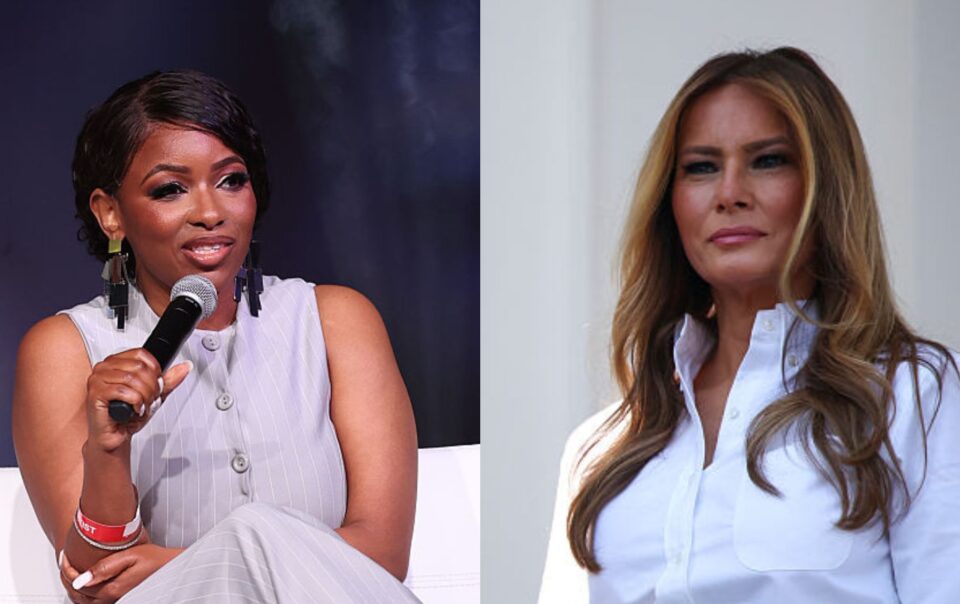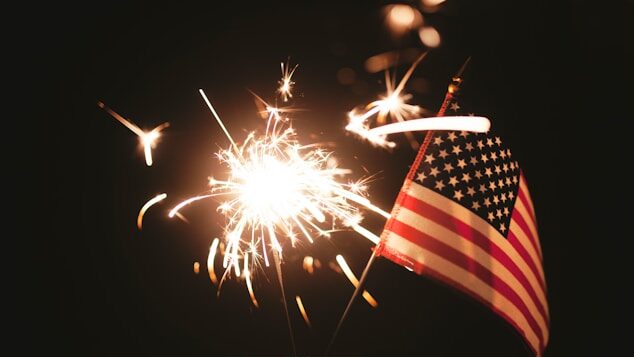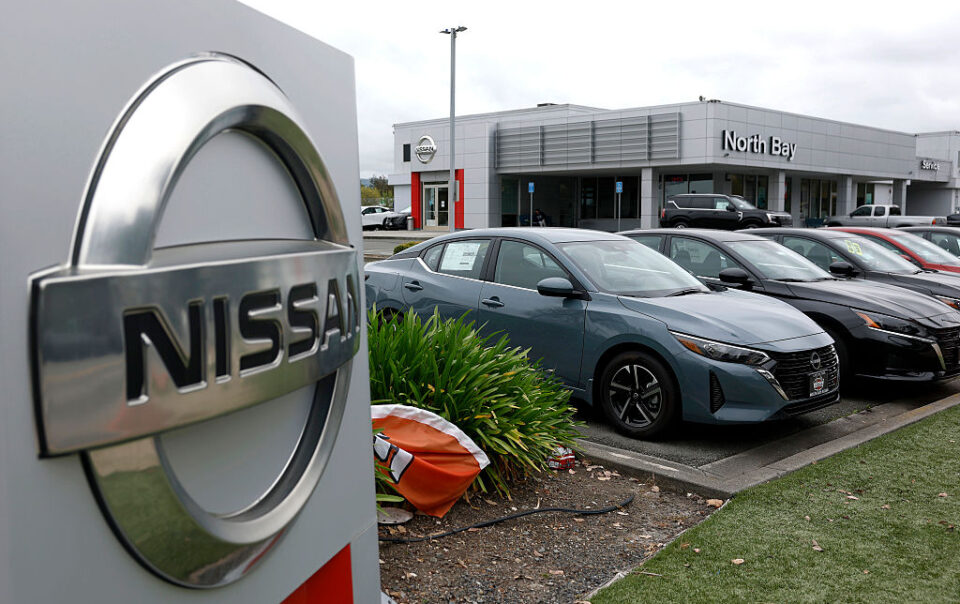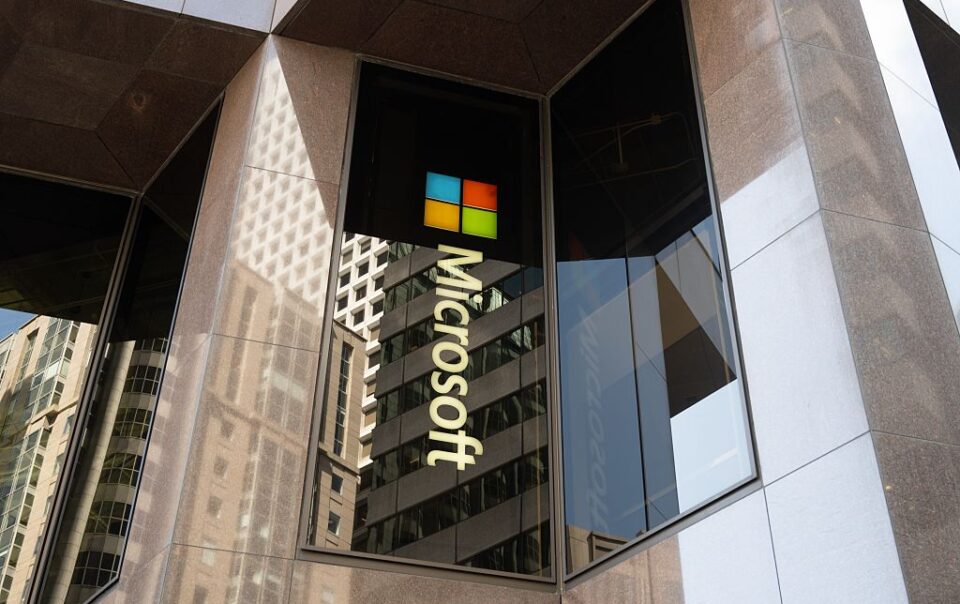Did First Lady Melania Trump really earn her chance to come to the United States the way she claims? That’s the question Rep. Jasmine Crockett of Texas seemed to be raising in a recent congressional hearing, expressing skepticism about the credentials that the First Lady would have needed to legally be in the United States.
During a House Judiciary Committee meeting last week, Congresswoman Crockett took issue with the “lack of integrity” regarding the First Lady’s process for coming to the United States. “Let me remind y’all that Melania, the first lady, a model—and when I say model, I’m not talking about Tyra Banks, Cindy Crawford or Naomi Campbell level—applied for and was given an EB-1 visa,” Crockett said at the hearing, “and what that stands for is an Einstein visa.” This type of visa is reserved for individuals with special expertise in fields such as business or research or those who have achieved “sustained national and international acclaim.”
Crockett elaborated that “you’re supposed to have some sort of significant achievement, like being awarded a Nobel Peace Prize or a Pulitzer, being an Olympic medalist, or having other sustained extraordinary abilities and success in sciences, arts, education, business or athletics” in order to obtain such a visa. Noting that the First Lady lacked any of those accomplishments, Crockett told the hearing attendees that “It doesn’t take an Einstein to see that the math ain’t mathin’ here.”
Crockett: Melania, the First Lady, a model— when I say model I’m not talking about Tyra Banks, Cindy Crawford, or Naomi Campbell level— applied for an Einstein visa. You’re supposed to have some sort of significant achievement… She had none of those. It doesn’t take an Einstein… pic.twitter.com/u0c1SXJE8I— Acyn (@Acyn) June 25, 2025
Critics say Melania’s visa story doesn’t add up
Crockett is not the first to question Mrs. Trump’s immigration journey. A 2018 Washington Post article noted that in the late 1990s and early 2000s, Melania Knauss, as she was then known, was Donald Trump’s girlfriend and a model whose biggest accomplishment at the time was an appearance in the Sports Illustrated swimsuit edition. Yet after having worked in the United States and dated Trump under a series of short-term visas, she was one of only five people from her home country, Slovenia, to be granted the EB-1 visa in 2001. Some experts have questioned how she would have qualified for the visa, though others note that the standards are subjective. The visa allowed her to enter the U.S., start the path toward citizenship, and sponsor the permanent residency of her parents—a process known as “chain migration” that President Trump later opposed.
The Trump family’s immigration story sparks claims of double standards
The renewed scrutiny about Melania Trump’s immigration status comes as her husband’s administration continues to crack down on various forms of immigration. The administration’s aggressive use of ICE to hunt down unauthorized immigrants has created disruptions and fueled protests in cities like Los Angeles and elsewhere. The Trump administration has also sought to limit legal immigration. The Trump White House placed a dozen countries on a new travel ban, preventing citizens from these nations from coming to the United States. And the administration temporarily halted the visa process for international students amidst its feuds with several elite American universities.
In the midst of all these efforts to make it harder for people from other countries to come to the United States or stay within the country, the Trumps’ experience with U.S. immigration policy is facing scrutiny. As seems to be the case in many aspects of life and the legal system, it appears that the Trump family may have enjoyed a double standard, receiving favorable treatment that might not have been given to others.









